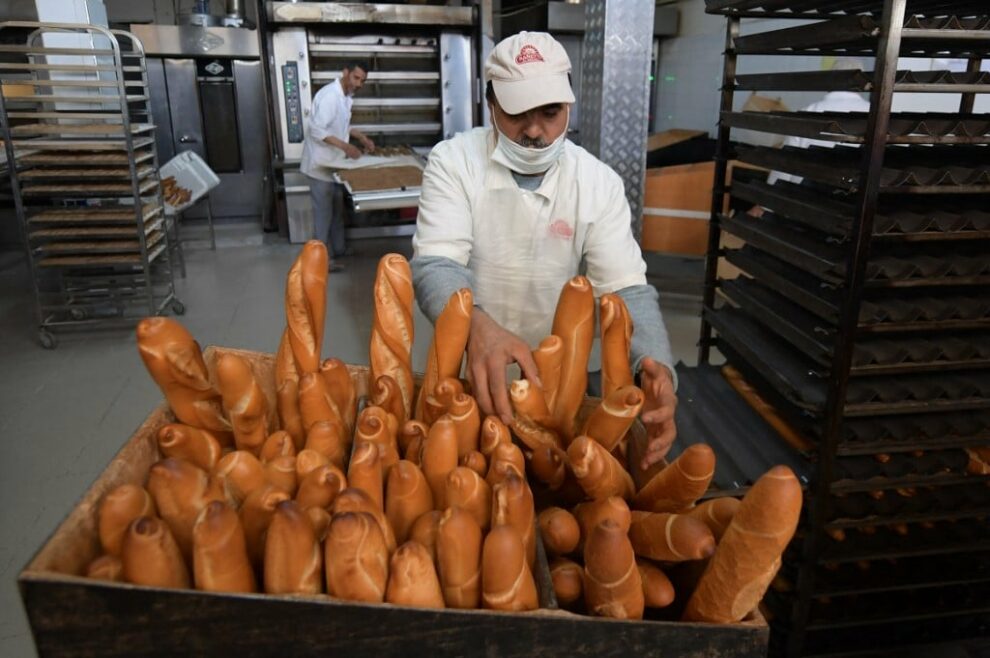As Tunisians find it increasingly difficult to find bread in bakeries, the Tunisian government is trying to contain the discontent in a country that experienced the “bread riots” 40 years ago.
This has been a recurring problem for the past few months. During the month of Ramadan, last March, Tunisia experienced several closures of bakeries. Consequence: it was very difficult for the local populations to stock up on flour, but especially on bread, one of the most popular foods during the blessed month. A situation that Tunisia owes in part to the war in Ukraine, the North African country being dependent on Ukrainian wheat.
Still, in the end, Ramadan went relatively well. But the shortage of bread still threatens. However, as we know, in Tunisia, the lack of bread is much more than a simple economic problem, it is political. In December 1983, the Tunisian government had decided to increase the price of the baguette, from 50 to 90 millimes. After “bread riots” which had caused between 70 and 150 deaths, according to the sources, the Minister of the Interior had been dismissed by President Habib Bourguiba.
Suffice to say that Kaïs Saïed knows what awaits him if he does not quickly resolve this problem. The Tunisian president mentioned the shortage of bread during one of his last outings, saying that “bread must be made available to citizens”. Easier said than done ? Not sure. According to the Head of State, the flour is in fact always available and this shortage is a plot orchestrated by his opponents who “manipulate the means of subsistence and the lives of citizens, each time inventing a crisis, especially that of bread , sugar and oil.
An explanation that does not satisfy Tunisians, who crowd in front of bakeries to get bread in several cities of the country. On the side of the Ministry of Commerce, it is recognized that the exit of Kaïs Saïed is undoubtedly exaggerated: Minister Kalthoum Ben Rejeb has indeed admitted a lack of supply of flour. A situation that owes a lot to state finances, in the red. Importing wheat is now very expensive, and difficult for the government to turn to its local producers.
Many reasons given
The country has “the obligation to import 100% of its durum wheat, common wheat and barley needs for this year, knowing that national production is only enough to cover 10% of needs, i.e. thirty days of consumption in the event of a good harvest,” says Anis Kharbeche, member of the executive board of the Tunisian Union of Agriculture and Fisheries (Utap).
As a result, Tunis still relies on international institutions, such as the World Bank or the African Development Bank, to obtain durum wheat. For common wheat, the shortage has no real solution.
In the meantime, the government makes Tunisians feel guilty for consuming, according to him, too much bread. But in the midst of a cost-of-living crisis, bread is a staple, thanks to the flour subsidy. Problem: the compensation fund could, in the long term, no longer be used to finance flour, which would therefore undeniably increase the price of bread.
A dilemma for the President of the Republic: to touch this compensation fund, in the current state of things, represents too big a political risk. Let the shortage continue as well. If bread continues to be lacking in bakeries and the situation worsens, Tunisia can expect major social unrest.
Source: Lejournaldelafrique

















Add Comment